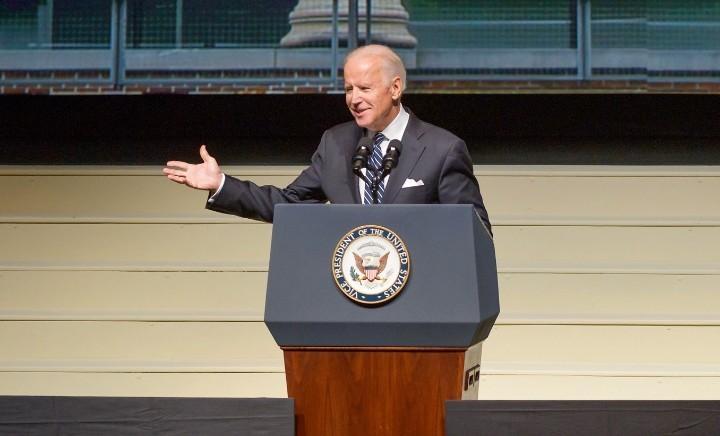The US government announced that it will invest $3 billion as an investment in the electric vehicle battery industry chain, which will be distributed from the "Infrastructure Act" signed by US President Biden in 2021, through the localization of electric vehicle batteries, it is expected to reduce production costs and create more jobs in the industry.

Tesla dominates the tram market, and traditional American car manufacturers are catching up
In recent years, countries have vigorously promoted new energy vehicles, although the current penetration rate of pure electric vehicles in the United States is still lower than that of European countries, but the United States still shouts out the plan to reach more than half of new car sales as pure electric vehicles in 2030. Car brands originating from the United States, in addition to the electric vehicle leader Tesla, the new electric vehicle manufacturer Rivian, and even the traditional car manufacturers Ford, Chevrolet, etc. have increased electric vehicle products, in addition to complying with increasingly stringent environmental regulations, it is not to miss the global electric vehicle wave.
Battery demand increases, and production capacity will be the key to the development of electric vehicles
When the demand for electric vehicles increases, how to master the key parts - batteries, it has become a must for the market, the current world's battery manufacturing factories are CATL Ningde era, LG Energy Solution and Panasonic, etc.; In particular, the battery market share of the CATL era in 2021 will even reach 30.7% of the total market. Even if the battery manufacturers propose to set up factories in the United States, in the face of the rise of electric vehicles, the production capacity provided by battery factories will be a major challenge.
$3 billion in battery production and a charging network
U.S. President Joe Biden signed the Infrastructure Act in 2021, which is funding up to $1 trillion for the energy component; The proposed investment in the electric vehicle battery industry chain is expected to cost $3 billion, mainly to establish and renovate battery factories, purchase electric mass transportation vehicles, popularize electric vehicle charging piles, etc., and include recycling and reprocessing of mineral and chemical raw materials in batteries. It is rumored that the U.S. government has now agreed with Tesla CEO Elon Musk, General Motors CEO Mary Barra and Ford CEO Jim Farley to jointly develop how to work together to lay out the future development of electric vehicle batteries in the United States.
The Ukrainian-Russian War triggered a shortage of raw materials, prompting the United States to invest in the battery industry chain
Ukraine and Russia are the world's nickel, aluminum, palladium and other metals supply countries, after the Ukrainian-Russian war let these raw material prices soar, supply tight, more directly affect the production of electric vehicles and batteries. Based on the international situation and the shortage of raw materials, accelerate the United States into the battery industry chain, in addition to solving the problem of battery demand, but also hope to reduce production costs through local production, when the price of electric vehicles is low, public acceptance increases, will help the implementation of electric vehicles, in order to achieve the 2030 new car sales more than half of the vision of pure electric vehicles.
To rescue the wave of unemployment after the epidemic, the investment case did not forget the original intention of environmental protection
The $3 billion investment in the electric vehicle battery supply chain is expected to create more jobs in the United States, and after the COVID-19 pandemic, the unemployed and unemployed population have risen, which may be another solution to the high unemployment rate. In addition, the U.S. government said that the funds invested are mainly used for the construction of battery plants and the secondary application of battery recycling, and will not be used to develop new mines in the United States, because of local public opposition and contrary to the environmental regulations proposed by the Biden administration.